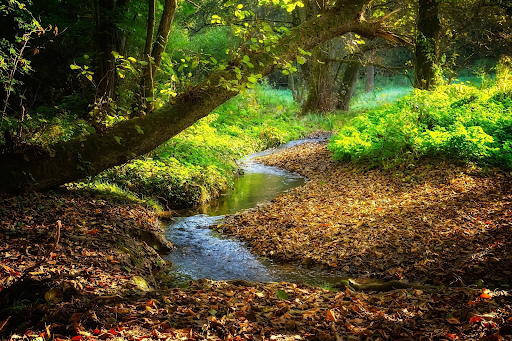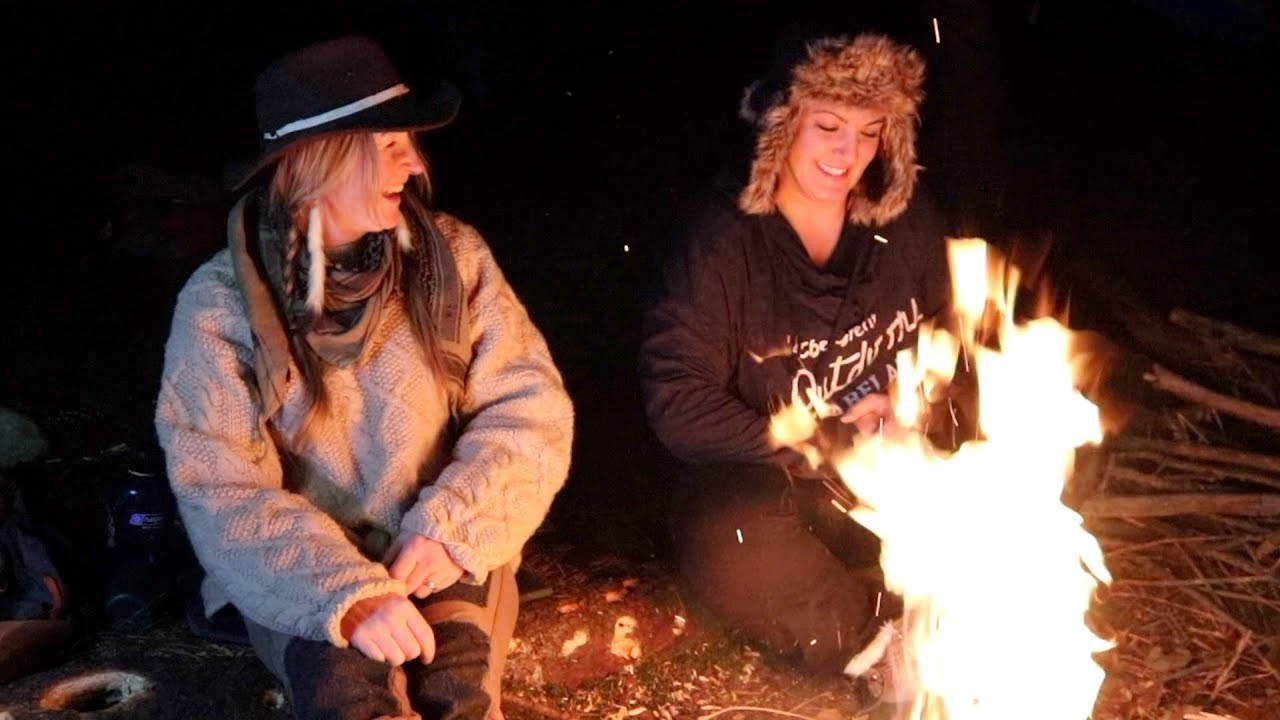October 10, 2019
Is it Time for Therapy?

At the onset, let’s dispel one common fear, one serious worry that parents have when they have hit this point. If you make the choice to send your child to wilderness therapy, it in no way says that you are a bad parent. If this worry is stopping you from making this choice, rid yourself of that at worry immediately and move forward.
If you fear the judgment of others, if you think; “How will I explain this to my friends?” or “What will people think of me?” Examine this language and your thought process. You’re at a point in the life of your child where they are in need of serious help and you’re thinking of what people will say about you? Maybe your fear of societal judgment has blinded you to what that fear is doing to you, your kids and your family. If you fear the judgment of others, perhaps that's being passed on to your child, maybe family therapy is the right choice for you. At Second Nature Wilderness Family Therapy, the wilderness experience and integrated family healing, go hand in hand.
You’re not a bad parent if you send your child to wilderness therapy, in fact, it’s just the opposite. Fighting personal fears and dealing with the unknown, you’re still putting your child’s mental health first. You’re making your child’s future a priority. What you’re doing, if you decide that wilderness therapy is the answer to your child’s struggle, is making a sacrifice to give your kid the best shot at a happy and productive future. That’s never something that should bring you shame.
Is it the Answer?
Nature-based is a big decision and one that parents cannot take lightly. It is very expensive. All Kinds of Therapy surveyed 25 different wilderness therapy programs across 14 states and came up with an average cost of $513 per day with an average enrollment fee of $2500. It is pricey and that should be factored into the decision. If your child is going through normal adolescent hormonal changes, wilderness therapy may be a bit over the top. If you’re noticing changes in your teen that seem normal, the usual rebellion that is not related to substance abuse or being attached to a negative social group, then chances are wilderness therapy is not the path you want to take. Speaking with a mental health care professional, expressing your worries and voicing your fears can help you decide. Perhaps your child needs therapy but, maybe the regular in-office visit to a therapist is a better choice.
If you have exhausted all other avenues and your child is still struggling, then it may be time to look into wilderness therapy.
Why Wilderness Therapy

If you’re still undecided about wilderness therapy but you’re at the end of your rope trying to help your child it’s important to know that wilderness therapy does work and it works for a lot of people with various struggles.
First off the natural beauty and the splendor of the great outdoors can provide a sense of calm that promotes peace and a tranquil mind. When the mind is at peace it is more open and receptive to new ideas and self-reflection. Also in these programs, the child is removed from major distractions like the ubiquitous cell phone and the various number of screens they are faced with day to day.

The experience lasts much longer than just the span of time the child is in the wilderness program. Coping and communication skills become part of the child’s continuous awareness and these skills will help them as they move forward with their lives.
If your child has a substance abuse problem, with drugs or alcohol, perhaps they are relying on the substance to cover up pain or confusion they are experiencing with the changes they experience around them. A wilderness program can help discover the triggers of the abuse and, while your child is in the wilderness, they will have no access to the substances they are abusing. Without access to substances, the child’s mind becomes more clear so they can heal and learn not only how to cope without the substance as a crutch. They will also learn how to communicate the emotions and troubles that may have led them to abusing substances in the first place.
One of the main issues that confront kids is the inability to communicate what’s going on with them emotionally. Our modern society gives kids so many places to hide where they can deflect and avoid. Video games, cell phones, social media which has increasingly become a source of judgment, bullying and unrealistic competition are all avenues that do not promote clear communication. Away from all these distractions, in the heart of nature, a child will be able to find their voice again.

All teens that participate in a wilderness program receive individualized treatment. However, they are never isolated. They partake in activities with other participants such as hikes, building campsites, starting fires and there are always group discussions. Teens sometimes feel they are isolated in the world and that feeling can lead to a vicious cycle. The feeling of isolation causes them to withdraw and they become physically isolated and as well as emotionally isolated. Group activities and shared living will help to pull them out of their isolation and improve their communication.
Wilderness therapy gives a struggling kid the opportunity to build friendships with other kids in similar emotional states. These friendships involve honest communication, shared experiences and connections that are usually much deeper than the child is getting on the outside. These friendships also last a lifetime and can be a continued source of comfort and strength.
Do Your Homework
The benefits of a wilderness therapy program are numerous if your child is a good candidate. There are other avenues to explore if you find your child is having difficulty. This time, the teens years are a very volatile, confusing time for a child and there can be many factors contributing to the changes a parent is seeing. Hormonal, social, self-discovery changes do not necessarily cause for alarm. But, if a child is becoming a problem in school or they have trouble with the law or are trapped in a substance abuse cycle, then yes, wilderness therapy may be the answer. However, because of the cost and the intensity of the program, parents need to do their homework, do their research and talk to mental health professionals or parents who have sent their child to a wilderness program. Ask, seek and make sure the choice is right for your child.
There is no doubt that wilderness therapy programs can be beneficial to a teen going through a troubling chapter of their life. There is no need for shame or guilt in a parent that has made the decision to send a child into the woods. In the end, a child’s mental health is vitally important now and for their future. Making that choice is not easy but ignoring that choice could be devastating.

.png)

.jpg)